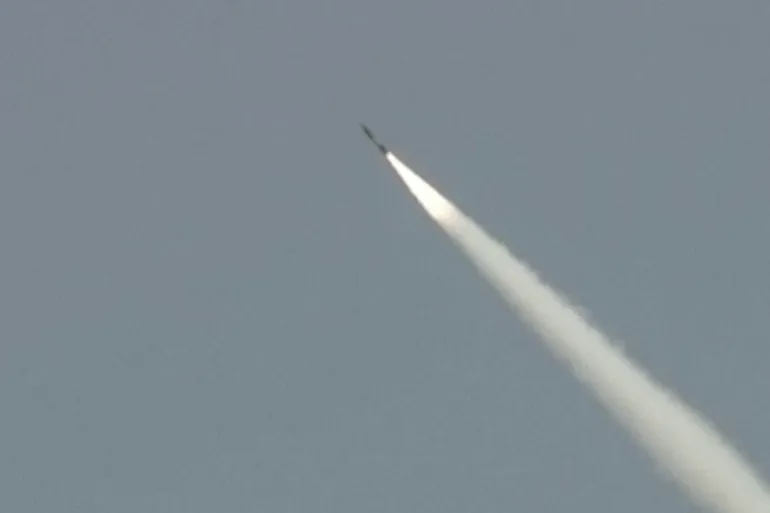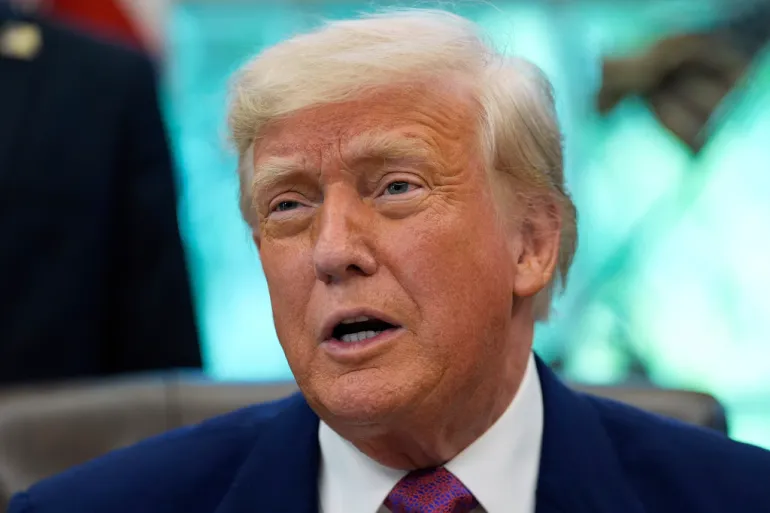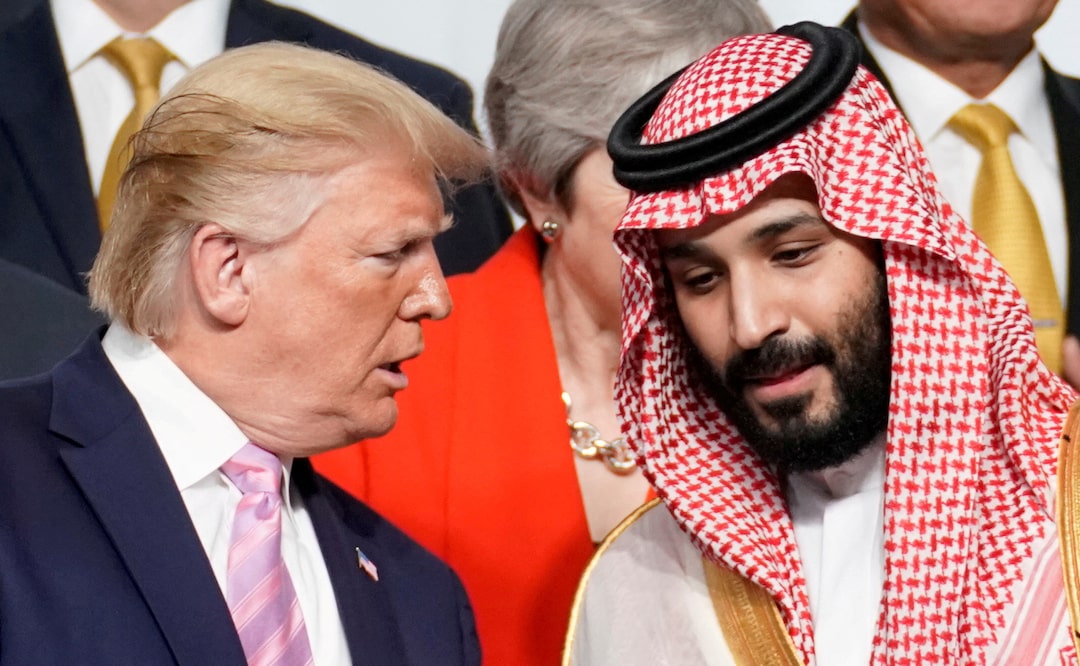ISLAMABAD — On May 3, 2025, Pakistan successfully test-fired its Abdali surface-to-surface ballistic missile, intensifying the already heightened tensions with neighboring India. The missile test follows a deadly attack in Indian-administered Kashmir, which has further strained relations between the two nuclear-armed nations.
The Abdali missile, capable of carrying both conventional and nuclear warheads, has a range of 450 kilometers (approximately 280 miles). According to Pakistan’s military, the launch aimed to ensure the operational readiness of troops and validate key technical parameters, including the missile’s advanced navigation system and enhanced maneuverability features
Pakistan’s President Asif Ali Zardari and Prime Minister Shehbaz Sharif congratulated the scientists and engineers involved in the successful test. The missile is named after Ahmad Shah Abdali, the 18th-century founder of modern Afghanistan, who led several invasions into the Indian subcontinent.
The missile test comes in the wake of a deadly shooting attack on April 22 in the Pahalgam area of Indian-administered Kashmir, where 26 tourists from 13 Indian states were killed. India has accused Pakistan of involvement in the attack, a claim that Pakistan has vehemently denied.
The missile test comes in the wake of a deadly shooting attack on April 22 in the Pahalgam area of Indian-administered Kashmir, where 26 tourists from 13 Indian states were killed. India has accused Pakistan of involvement in the attack, a claim that Pakistan has vehemently denied.
Pakistan, in turn, has suspended the Simla Agreement, closed border crossings, and imposed trade restrictions. Both countries have also reported increased cross-border hostilities along the Line of Control (LoC), with India accusing Pakistan of firing across the border for nine consecutive nights. Pakistan has not confirmed these exchanges.
The international community has expressed concern over the escalating tensions. The United Nations has called for maximum restraint, urging both sides to resolve their differences through diplomatic means. Meanwhile, countries like Iran and China have offered to mediate and facilitate dialogue between the two nations.
As the situation continues to evolve, the risk of further escalation remains high. Both India and Pakistan have fought multiple wars over the disputed Kashmir region, and the current standoff underscores the fragility of peace in South Asia. The recent missile test by Pakistan serves as a stark reminder of the potential consequences if diplomatic efforts fail to de-escalate the situation
Source; Al Jazeera



